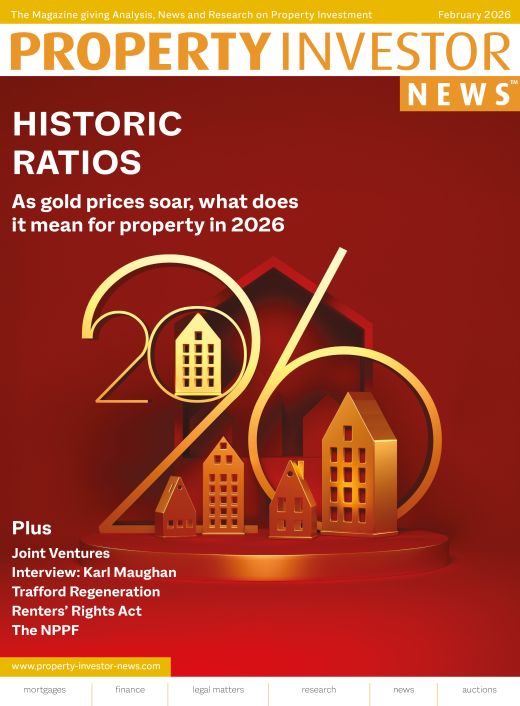As we come to the end of a turbulent year economically and politically, it is a time when many of us will be kicking back to take a well-earned break and just breathing a sigh of relief over a glass of mulled wine – or something stronger!
However, it’s also a time to reflect on possible trends and opportunities for development in 2023 and to consider where we might take balanced risks and make this coming year a good one for property development or investment.
I am not an economist nor is what follows intended to be investment advice. There is no substitute for independent due diligence and proper enquiries and none of what follows can release readers from such an obligation. However, as a chartered surveyor and planning and development consultant, often at the coalface with our own clients, the following observations are, I hope, at least a trigger for further thought and investigation.
Key drivers to 2023
If it was not already abundantly clear, the UK economy is about to go into a prolonged recession (if it’s not already in one). We do not know exactly for how long. Some say 18 months, some say less than this. Together with Brexit-related pressures on food markets, inflation due to the Ukrainian conflict, and supply pressures overhanging from Covid, the pressure on disposable domestic incomes is a worrying reality for many.
As a result of such acute pressure on disposable incomes, this will filter through (and is doing so currently) to retail traders on the high street and the suppliers and wholesalers that rely on the vibrancy of this aspect of our economy. Cash flow, being such an important aspect for many retail and supply-chain businesses, could suffer significantly as a result of such a dramatic drop in the velocity of money (i.e. the speed or frequency at which money circulates around the economy and is used to purchase domestic goods and services).
The growth in online shopping has for larger retailers helped them to cope with losses on the high street but has not been enough on its own to stop the need to exit from many existing premises. Marks and Spencer, for instance, earlier this year reported plans to accelerate the closure of many stores, especially those in under-performing older and more tired buildings. By 2028, it aims to have 180 “full-line” shops selling food, clothing and homeware products, down from 247. That’s one in four stores (Source: BBC).















